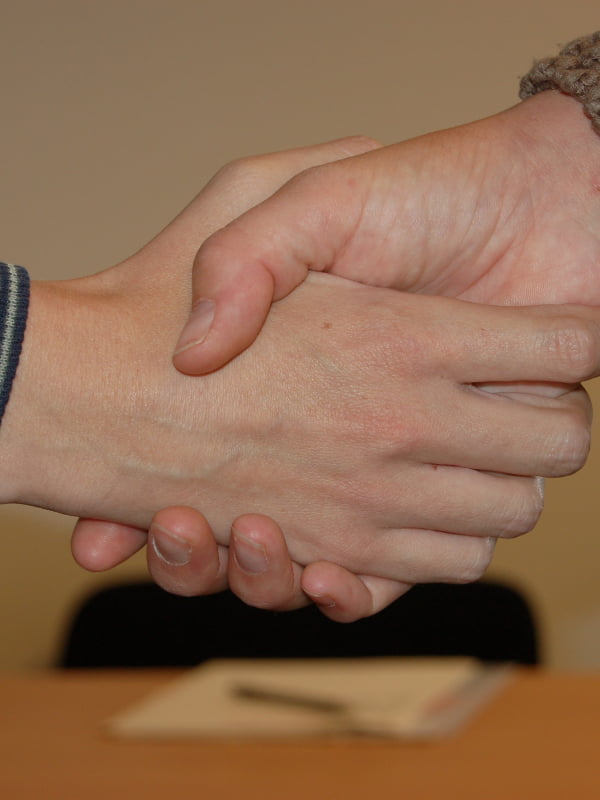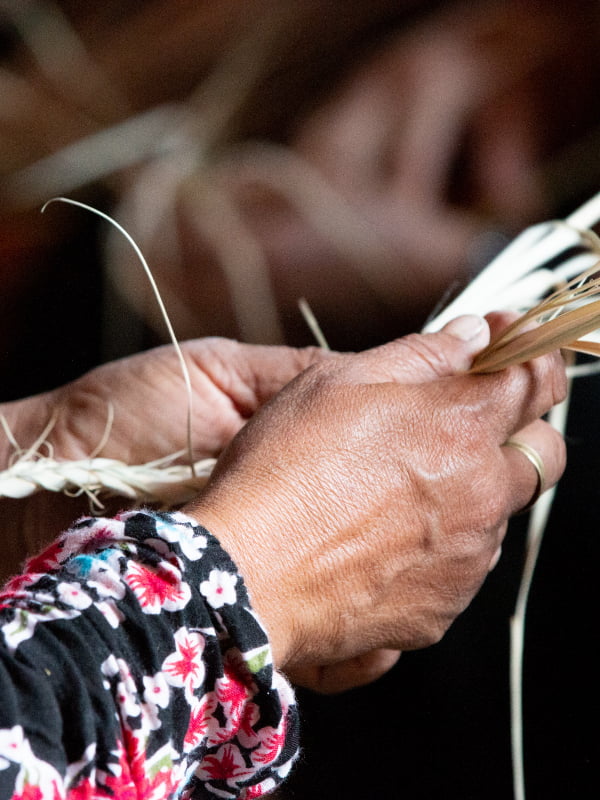Registration Rules for Dogs Imported Through Stray Animal Rescues
If your animal rescue organisation brings in dogs from abroad, you will have to deal with registration rules for the import of dogs. The rules that apply will depend on the dog’s country of origin. Rules also apply to transport and import notification by a vet.
Rules for animal rescue organisations
Animal rescue organisations need a Unique Company Number (UBN) for the purposes of commercially keeping pets. The vet will register the dog with an import notification under your UBN. For information on the terms and conditions for UBNs for your animal rescue and on applying for one, please see Commercial keeping of pets (in Dutch).
Importing a dog
Various import regulations apply. The rules that apply to your organisation will depend on the dog’s country of origin. There is a difference between Members States of the European Union (EU) and a third country. A third country is a country that is not a Member State of the EU.
Importing a dog from an EU Member State
You are importing a dog from an EU Member State, such as Belgium or Greece. For this dog, you must arrange:
- an identification chip;
- a rabies vaccination;
- an EU pet passport;
- entry into the TRAde Control and Expert System (TRACES).
You can use an EU pet passport for this dog. You will not need to exchange this pet passport for a Dutch pet passport.
Benefits ISO identification chip
Vets in the EU use identification chips and readers that satisfy the standard set by the International Standardization Organization (ISO). This ISO standard for electronic identification equipment ensures that any chip can be read by an ISO-compliant chip reader, irrespective of brand or manufacturer. If the dog has been chipped with an ISO-certified chip, you will not need to provide a reader yourself for the purposes of crossing the border. And the dog will not be chipped again.
Importing a dog from a third country
You are importing a dog from a third country. You must arrange the following for this dog:
- an identification chip;
- a rabies vaccination;
- an import certificate (health certificate);
- a rabies antibody titration test.
Dogs from third countries do not need to have an EU pet passport when they arrive. Go to the website of the Netherlands Food and Consumer Product Safety Authority (NVWA) for more information on the rules for travelling with pets.
With regard to the rabies antibody titration test, an exception can be made for some countries. Hence please see the information on import requirements by country on the website of the National Companion Animals Information Centre (LICG) (in Dutch).
Reporting the import upon arrival
The animal rescue organisation must arrange for an import notification to be made within a fortnight of the dog’s arrival. This notification can only be made by a vet. The dog will need to be physically taken to a vet for a check-up and registration. The vet will always register the dog under the UBN of the animal rescue organisation, even if the dog will be going straight to the adopting household.
Who will need to accompany the dog to the veterinary practice
The animal rescue organisation may authorise someone to take the dog to the vet. This could be the person adopting the dog, for instance. The animal rescue organisation itself will draw up an authorisation document specifying:
- the name and address of the animal rescue organisation;
- the UBN of the animal rescue organisation;
- the dog’s chip number;
- the date of import;
- the name and address of the authorised person.
After the import notification
After the import notification, the animal rescue organisation will make a disposal notification on one of the designated portals. The person adopting the dog will need to do an adoption notification for the dog on a portal too. No UBN is required for this notification.
Designated portals
Register the dog at one of the portals below. It does not matter which portal you choose. We receive data from all the designated portals.
- BackHomeclub.nl
- Chipbase
- Databank Honden
- Hondregistreren.nl
- Huisdier-registratie.nl
- PetBase
- Petlook
- Stichting Nederlandse Databank Gezelschapsdieren (NDG)
Registration fees may vary per portal.
Keen to find out more?
See the Frequently asked questions animal rescue organisations (in Dutch). For comprehensive information on the registration rules for dogs, see Registering a dog.
Legislation and regulations
Further information (in Dutch) on legislation and regulations for keeping animals can be found at:
- Regulation on Identification and Registration of Animals from the Ministry of Agriculture, Fisheries, Food Security and Nature
- Animal Health Directive (EU) 2016/429 of the European Parliament and of the EU Council
- Animal Keepers Decree
- Regulation on Animal Keepers
- Ministry of Agriculture, Fisheries, Food Security and Nature



